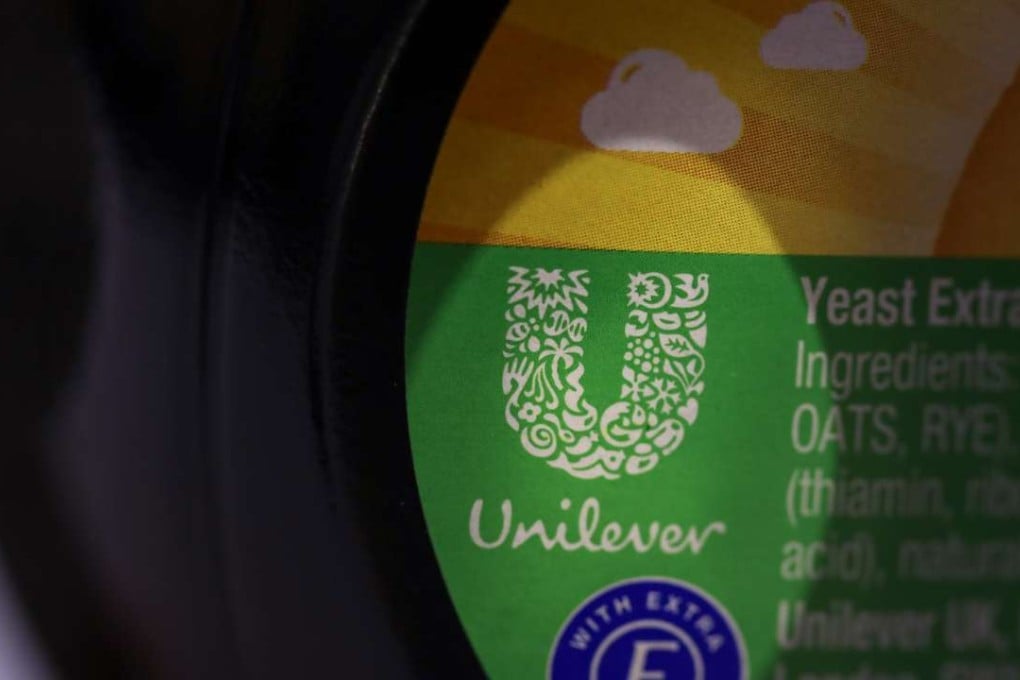Many more companies becoming convinced that sustainable value chains make solid business sense
Hundreds of the world’s largest companies are striving to erase their carbon footprints, and have become fully cognizant of the rewards of sustainability

A struggle is taking place in the boardrooms of the world’s best-known companies.
The old preoccupation with delivering immediate financial returns – referred to as “short-termism” – is being challenged by a more forward-looking consensus.
It’s no longer just about making money: it’s about figuring out how to harness innovation and pragmatism while simultaneously incorporating conscientious business practices, particularly around environmental and social issues.
This is easier said than done. Short-termism, in its many permutations, has been hard-wired into the corporate mind-set, and turning high-minded talk into measurable action requires serious resolve.
Real benchmarks, however, are emerging. Collaboration with key stakeholders and the implementation of sustainable development goals (SDGs) are becoming increasingly central to the business planning process.
A pioneer in this area is Unilever, the Netherlands-based consumer goods giant, which has committed itself to becoming “carbon positive” by 2030. Not only does this mean that Unilever will obtain 100 per cent of its energy from renewable sources – it also plans to produce more renewable energy than it consumes.
A pioneer in this area is Unilever, the Netherlands-based consumer goods giant, which has committed itself to becoming ‘carbon positive’ by 2030
